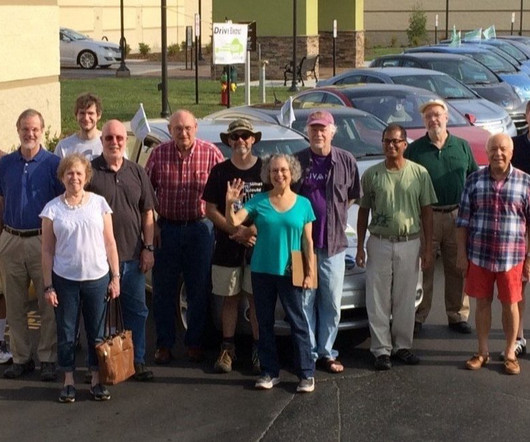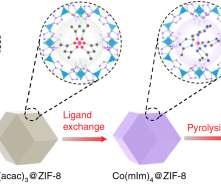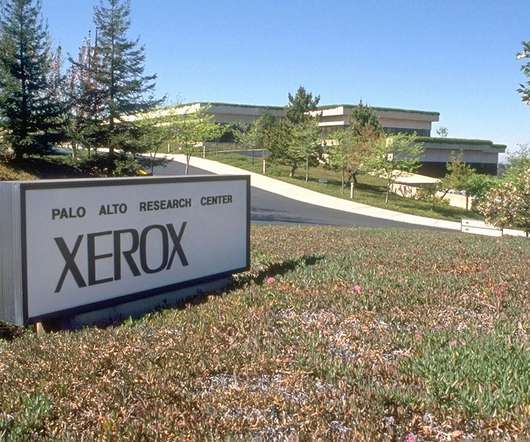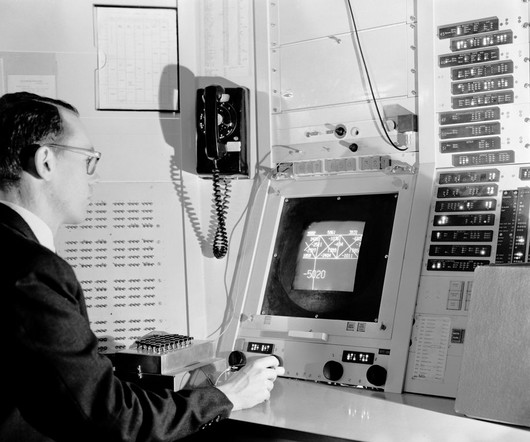WUSTL researchers demonstrate solar-panel-powered microbial electrosynthesis to produce n-butanol from light, CO2 and power
Green Car Congress
NOVEMBER 8, 2021
Researchers at Washington University in St. Louis have discovered a new way to train microbes to make n -butanol. Microorganisms have evolved a bewildering array of techniques to obtain nutrients from their surrounding environments. The results are reported in an open-access paper in the journal Communications Biology.


















Let's personalize your content